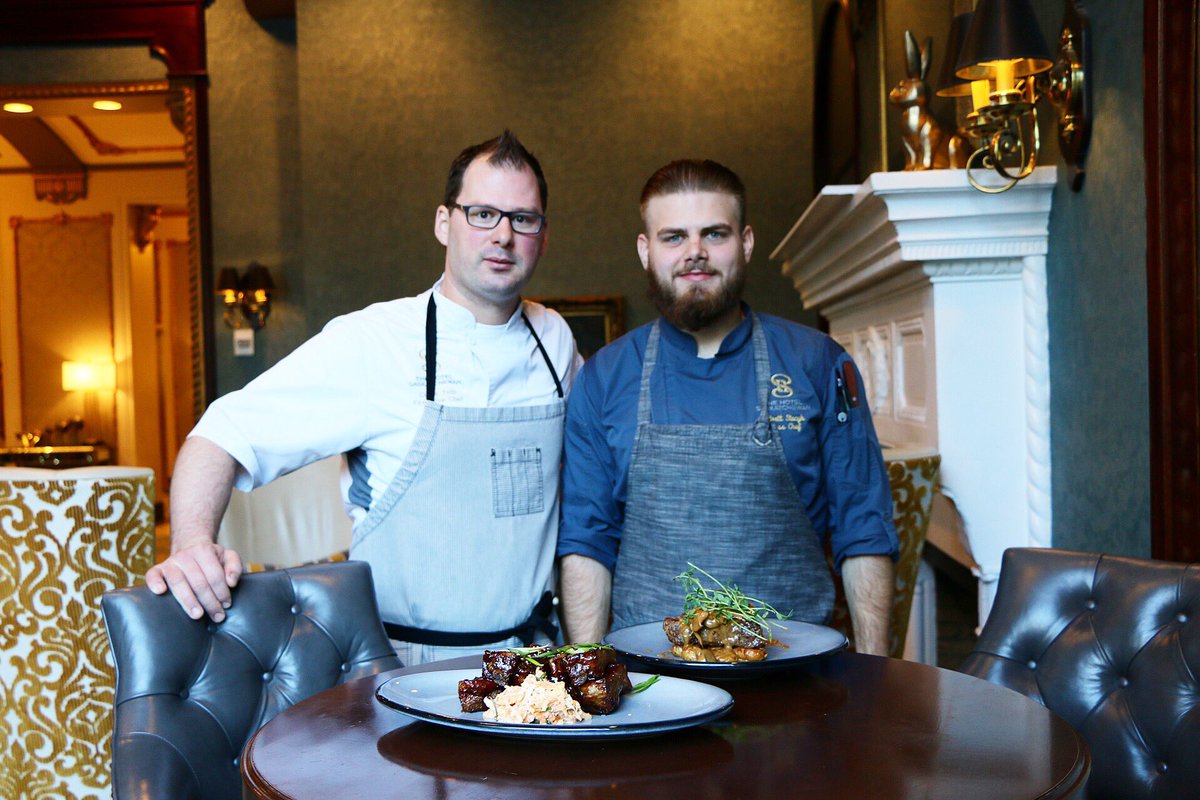When Jesus calms the storm in the Gospel of Mark, he does so after waking up. In the passage, he's napping in the stern of the boat, on the cushion, because he was awfully tired. Don't forget, Jesus is fully man as well as fully God, he gets hungry, thirsty, heck, he even dies, obviously, which is the core of the Christian faith. As a man, he's going to get tired, he's going to run out of gas, and he's going to have to sleep. Which he does.
But while he's napping, a storm starts up. And the fishermen who are in charge of getting this boat moving, they start to lose control. These are guys who are familiar with storms, they've been through this enough times to know how to move through storms, how to get through the squalls that arrive. They know more about this than most of us do, which is why when they start asking for help, things must be bad. This has to be a really rough storm, in order that the disciples, some of whom were previously employed by Zebedee and sons fishing LLC are going to wake up the napping carpenter to find out if he can help. Their call to Christ is a familiar one for most of us, we've all made this call out to him at a certain moment, either in these words or not, saying to him 'Don't you care that we're dying? Don't you care that we are perishing?' I don't know how many people I've spoken to who have asked a similar question of God, asking either him directly, or about him 'why doesn't God care about my situation? Why, God, don't you care about me?' So Jesus gets up, and he rebukes the wind and says to the waves 'peace! Be still!' And immediately there was a great calm. There was a great calm in the wind, there was a great calm in the waves, there was a great calm in the sea, there was a great calm in the clouds.
There was a great calm everywhere except IN the boat.
If you read the reading carefully, you'll notice something interesting. Unlike that classic song that suggests that with Jesus in the boat you can smile at the storm, there are literally no smiles going on in that boat, neither during nor after the storm. In fact, the disciples in the boat seem to be more agitated before the calming of the storm than after it.
| Honestly, these disciples seem way too calm. |
And that makes sense, of course. It makes sense if you consider the magnitude of what happened, and who Jesus revealed himself to be in that moment. For who is this Jesus? Well, the calming of the storm would have brought something to the minds of the disciples, one of those things that would have come to their minds would have been the reading from Job from Sunday. The reading that we had from Sunday is from the 38th Chapter of Job, which is funny because there's a good chance that you didn't even know Job had that many chapters. There's a good chance that you figured, as we all did, that Job only had two chapters. God and Satan have a discussion about Job, about how he is a fair-weather friend, Satan tells God that Job only likes God because God has been good to him, God disagrees, and Satan takes things away from Job piece by piece until he has absolutely nothing left.
And that's the first two chapters, and those are the parts you know. The rest of the book is a long conversation between Job and his friends about why this is happening to him, what he should do now, how best to live in the world now that God has taken everything away, that kind of thing. And after a long enough time of talking back and forth with this, God finally deigns to come down and talk to Job directly. And what he tells Job is that Job is missing something that he'll need if he wants to take part in the remainder of the conversation. He's missing perspective. When he considers the works of God and his majesty, Job is part of the picture, which means he can't see the picture. It actually isn't possible for him to take it in. Job, as a part of creation can't see all of creation, and he certainly can't see God and all his works from that perspective. Not at all.
But God says to Job that he won't understand the works of God unless he has been engaged with all the works that God has done, including, but not limited to setting the limits for what the sea can do. The disciples would have known this, and that was why they were filled with fear, because they were in the boat with the one whom even the wind and the waves obeyed. And that's way more frightening than a storm!
These are men who have likely been through plenty of storms. These are men who live on the water, who have had to navigate this area consistently, this is their world, and they know what a storm is. They know how storms start, and they know how storms quit. They know storms can come up suddenly, they can calm down suddenly, but they sure don't just cease, which is exactly what happened in the reading from Sunday. The wind and the waves quit, and everything calmed down. No wonder the disciples were agitated at that moment, for they had encountered, they had seen the living God incarnate, the creator of heaven right in front of them, he had demonstrated his awesome power, shown his mighty arm, and had shown them that he was able to command the wind and the waves.
And that's terrifying.
We often ask Jesus to handle our problems, we look to him to forgive sins, heal infirmities, to handle our issues and difficulties, of course we do. But here's the deal, which is that when Jesus shows his authority over these things, it should cause us to pause, cause us to consider the magnitude of the power that we are playing around with. God is big, he is wild, he is untamed and untamable, he is the consuming fire and the lion of Judah. He's not your pal, he's not your chum, he is the Lord God, king of the universe, Lord of lords. He split the red sea and drowned Pharaoh's army, this is the man whom the wind and the waves obey. The only thing worse than being in a storm is having the incarnate God, the power that made and created everything in the boat with you. Awesome power is terrifying, thrilling, fills us with awe, certainly, and all the more so when we realize that it is working for us.
For you see, the essence of this issue is going to come down to the understanding of the power you invoke. If you're expecting Jesus to handle your big problems, which you are, you're going to have to also understand that he's bigger than all the forces of this world, bigger than your sins, bigger than the forces of the universe, bigger than anything else. He is the creator of the universe, the alpha and the omega, the one who flung the stars into space, the one who tamed the cosmos, who flooded the earth, that's him, and he is working to overcome your sins. The God of the Universe who took on flesh, dwelt among us, and shed his blood on the cross of Calvary. That's what the God of the universe did, and he did that for you. That should cause you to tremble, ever so slightly. That should remove the great calm from you, you really ought to be thinking about the enormity of the power that you invoke so lightly. You really should contemplate who this God is, understand what he is all about, and see how the Lord, the God of the Angel armies, is working for you. It's really really big news, and if you take it seriously enough, that calm that you're looking for won't be there, but a healthy sense of awe, of reverence, of fear of the Lord and confidence and courage in what he does will be.







